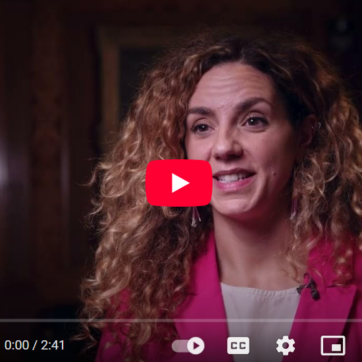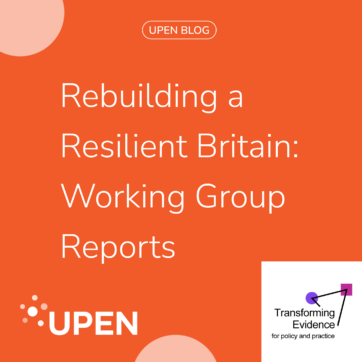Choose any year at random over the past fifty years and you’d be almost certain to find at least one piece of equalities focused legislation enacted in that year. Yet stark inequalities remain embedded in UK society, permeating throughout our social structures and institutions.
Legislative responses that outlaw discriminatory behaviours and promote positive change are an essential part of the battle, but the structural nature of horizontal inequalities (that is, those that apply to entire groups such as women, disabled people, LGBT individuals, and people of colour rather than just at the individual level) mean that they are not necessarily sufficient. That is particularly the case once we account for additional complications associated with the intersection of various forms of horizontal inequality. The inequalities faced by women of colour are not simply those faced by white women with a racial element ‘added on’: they are fundamentally different.
Tackling such inequalities requires changing society by changing who designs our policies. But it also rests on further developing the evidence base – both in terms of more accurately capturing the nuance of the problem statement, and better understanding what works when it comes to policy interventions. It is that goal which this project has pursued. Over the last year, UCL and the Resolution Foundation have convened a series of roundtables and undertaken interviews with research and policy experts from a range of disciplines, policy areas, sectors and locations.
Five core cross cutting themes emerged which we believe warrant consideration by all members of the research and policymaking communities: language, opportunity, understanding evidence, voice and place. In the project’s final report, Structurally Unsound, we outline how researchers and policymakers can better approach addressing structural inequalities, outline key gaps in our collective understanding to be plugged, and provide recommendations for employers, third sector, researchers and policy communities to take action towards tackling structural inequalities in the UK.
You can download the report from UCL Public Policy here.



